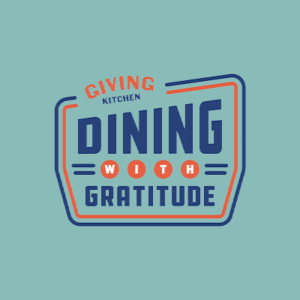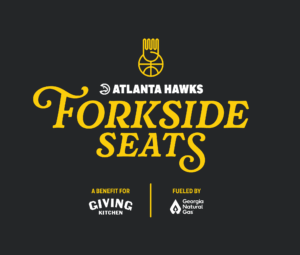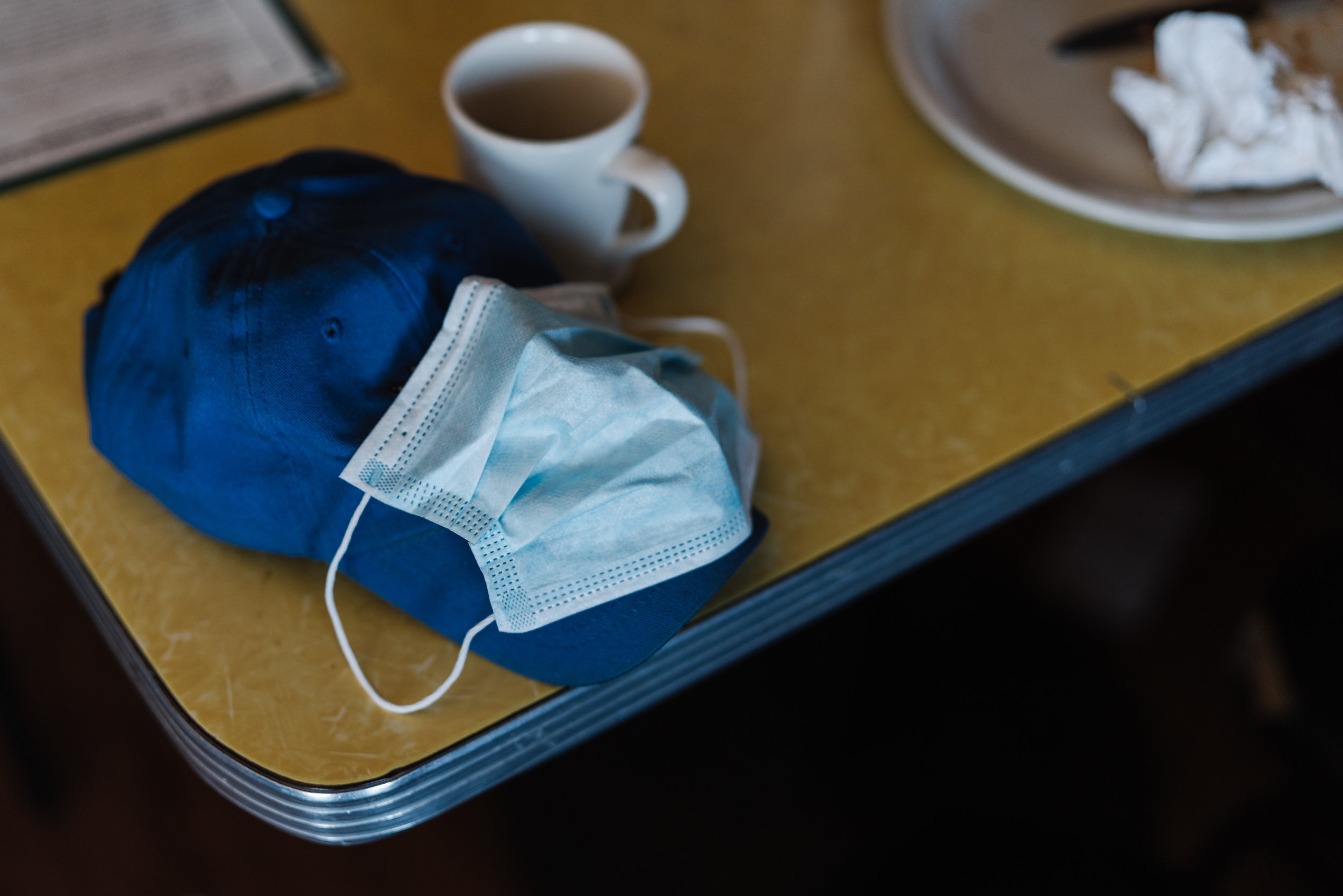It was a place for performance. Behind the kitchen doors, that was backstage, the hidden place behind the curtains. Every table, each one was a kind of spotlight, an opportunity for a performance, a vignette. Each was different; he always had to improvise.
This was the nineties in Atlanta, when the city was just a little smaller, the neighborhoods just a little more tightknit. After years in Europe, Reggie felt like he almost didn’t speak the language anymore. He spoke three languages, but he didn’t know the local slang. Reggie found himself at Café Diem, a casual place with Continental food that had become the de facto headquarters of an ex-pat scene in the city. There were people like Reggie who had spent some time in Europe before moving back. There were other folks who had emigrated to the States. There were conversations in a half dozen languages that went on long into the night.
It was there, amongst this crowd, that Reggie formed a restaurant group that would open a handful of restaurants in Atlanta in the mid-nineties. This was a heady time, just before the Olympics, when Atlanta was newly crowned a global city. With a business partner, he opened Yin Yang Café, which sold tapas-style plates and made espresso, both of which were entirely new experiences for many customers. The next year they opened Kaya Club, where the dining rooms gave way to dance floors and electronic music at night. It was all a beautiful, joyful performance.
Eventually, this was how Reggie learned another truth about the industry: Restaurants don’t last forever. What was hot and new last year might be forgotten by the next. They’re performances, he remembered, and no performance, no matter how great, can go on forever. And so Reggie had restaurants, he was a co-owner until he wasn’t anymore and the restaurants were closed.
That doesn’t mean, though, that his job really changed. He kept waiting tables and kept thinking of new ways to perform. He took some time off to care for his mother when she got sick. He moved to North Carolina to raise money for an arts non-profit. He traveled. But he eventually always found himself back in Atlanta, working at a restaurant, doing his vignettes, giving a performance one table at a time. On the side, he started performing as a voice-over artist, both for cartoons and commercials.
He was working the breakfast shift at Home Grown, one of Atlanta’s best neighborhood diners owned by Kevin Clark and Lisa Spooner, when he met Maria Moore Riggs. Maria had recently opened Revolution Donuts, a donut shop that sourced local ingredients and sold at farmers markets. She was charmed by Reggie. They became friends. She wanted him to come work for her. He wanted to spend more time doing voice over work. It all lined up. Everything seemed to be working out perfectly.





